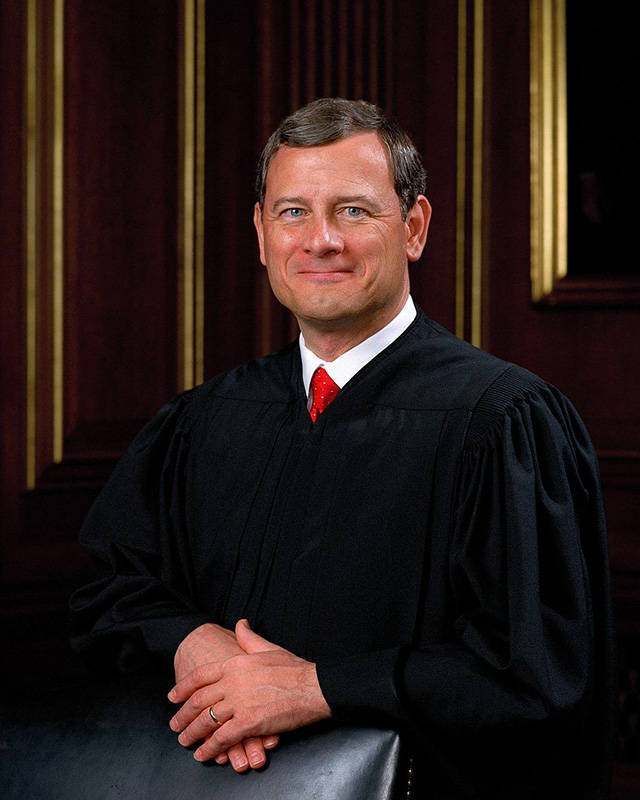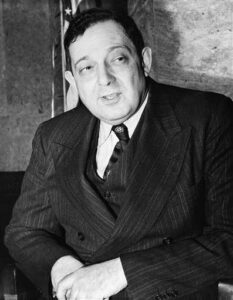Who is the Current Chief Justice of the Supreme Court?
In the intricate realm of the United States legal system, the role of Chief Justice of the Supreme Court is one that commands immense respect and carries significant responsibility. At present, this esteemed position is held by John G. Roberts, Jr., who has played a pivotal role in shaping the course of justice and law in the nation. Let’s delve into the life and accomplishments of Chief Justice John G. Roberts, Jr.
Early Life and Education
John Glover Roberts, Jr. was born on January 27, 1955, in Buffalo, New York. Raised in a family that valued education and public service, Roberts displayed exceptional academic prowess from a young age. He pursued his undergraduate studies at Harvard College, where he graduated summa cum laude in 1976. His passion for the law led him to Harvard Law School, where he earned his J.D. degree in 1979.
The Journey to the Supreme Court
Roberts’ journey to becoming the Chief Justice of the United States Supreme Court was marked by a series of significant legal accomplishments. After completing his education, he embarked on a path that would ultimately lead him to the highest echelons of the judiciary.
Clerkships and Early Career
Following his law studies, Roberts honed his legal skills through prestigious clerkships. He served as a law clerk for Judge Henry J. Friendly of the United States Court of Appeals for the Second Circuit from 1979 to 1980, gaining valuable insights into the appellate process. Subsequently, he clerked for then-Associate Justice William H. Rehnquist of the Supreme Court of the United States during the 1980 Term. These clerkships allowed Roberts to observe the inner workings of the judicial system and learn from some of the brightest legal minds of his time.
Rising Through the Ranks
Roberts’ sharp legal acumen and dedication to justice did not go unnoticed. He embarked on a career that included private practice, government service, and significant roles within the executive branch. His experience culminated in his nomination to the federal bench.
Appellate Court and Nomination
In 2003, President George W. Bush nominated Roberts to the United States Court of Appeals for the District of Columbia Circuit. During his tenure on the appellate court, Roberts built a reputation for his analytical approach and respect for precedent. His tenure on this court allowed him to establish a judicial record that would later contribute to his nomination to the Supreme Court.
Ascending to the Chief Justice Position
In 2005, following the passing of Chief Justice William H. Rehnquist, President George W. Bush nominated John G. Roberts, Jr. to succeed him. Roberts’ confirmation hearings before the Senate Judiciary Committee provided insights into his judicial philosophy, emphasizing his commitment to interpreting the Constitution faithfully and applying the law impartially.
Legacy and Impact
Chief Justice John G. Roberts, Jr.’s legacy is characterized by his dedication to maintaining the integrity of the judicial branch and his efforts to foster consensus among his colleagues. His opinions have often sought to bridge ideological divides and ensure a stable legal framework for the nation.
Conclusion
In the intricate tapestry of the United States legal system, Chief Justice John G. Roberts, Jr. stands as a figure of authority, wisdom, and unwavering commitment to justice. His journey from a young scholar to the Chief Justice of the Supreme Court exemplifies the power of dedication, intellect, and a genuine passion for the law. As he continues to shape the legal landscape of the nation, his impact is profound and enduring.
FAQs About the Current Chief Justice
1. How long has John G. Roberts, Jr. been the Chief Justice? Chief Justice Roberts has held this position since September 29, 2005.
2. What is Chief Justice Roberts’ educational background? He graduated summa cum laude from Harvard College and earned his J.D. from Harvard Law School.
3. How does Chief Justice Roberts approach his role on the Supreme Court? Roberts is known for his commitment to interpreting the Constitution faithfully and promoting consensus.
4. What legacy does Chief Justice Roberts aim to leave behind? His legacy includes fostering consensus and maintaining the integrity of the judicial branch.
5. How does Chief Justice Roberts contribute to bridging ideological divides? He often writes opinions that seek to find common ground among different viewpoints on the Court._








